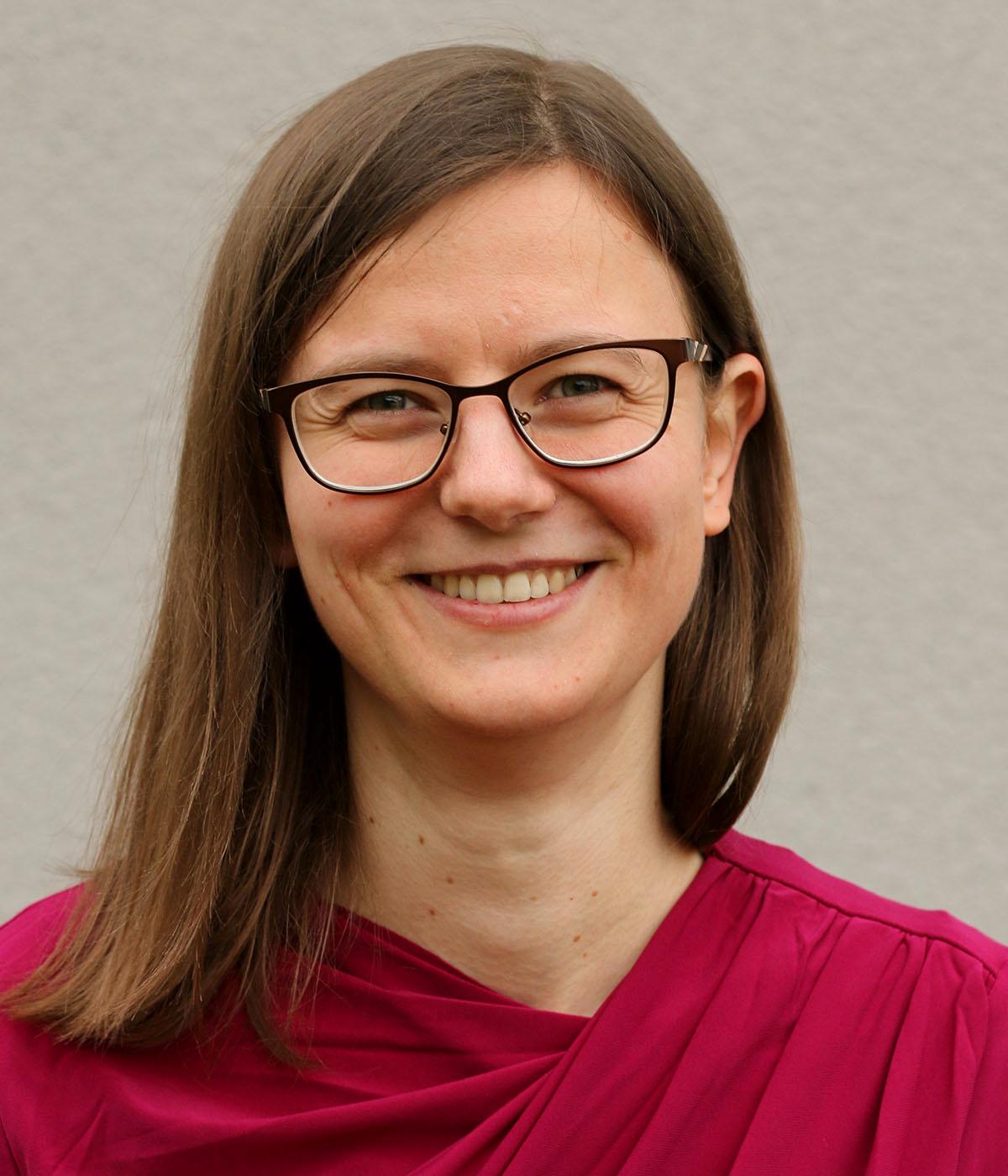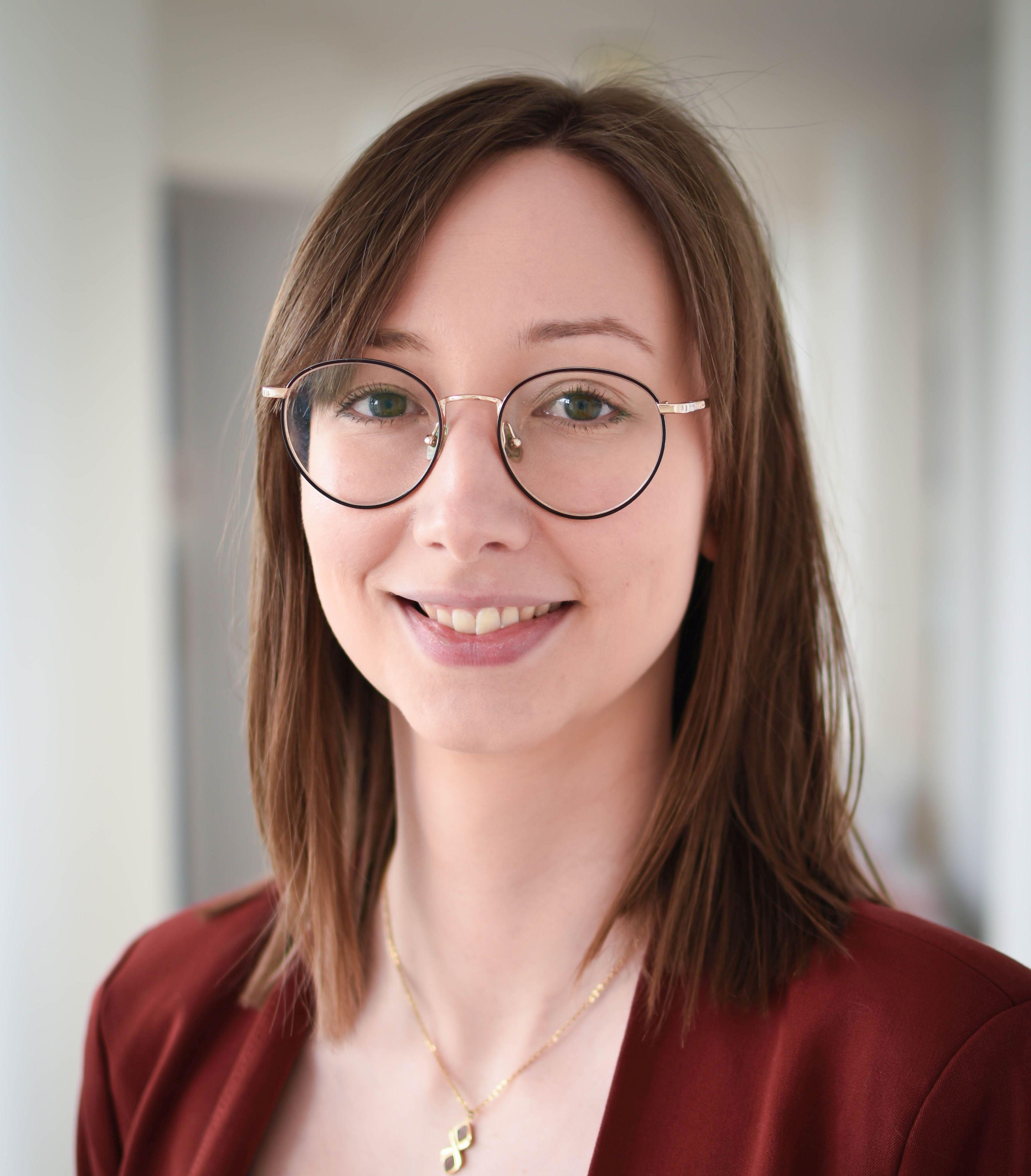Bayreuth scientist conducts research in Paris
The young Bayreuth scientist Dr. Sophie Hermann will be researching in Paris for two years from August 2024 as part of the EU's renowned Marie Sklodowska-Curie measures.

Dr. Sophie Hermann of the University of Bayreuth will be researching in Paris from August 2024. - © UBT|Daniel de las Heras
Research drive is a keyword that seems to define Dr. Sophie Hermann. The desire to do research brought her from the Upper Palatinate, where she was born in 1996, to the University of Bayreuth in the winter semester 14/15. “It was a rather random decision that I am very happy about in retrospect,” says Hermann in an interview with UBTaktuell. She studied physics at Bachelor's and Master's level, completing both with top marks. From 2019 to 2022, she completed her doctorate under Prof. Dr. Matthias Schmidt at the Chair of Theoretical Physics II. During her time as a doctoral student, she gave numerous lectures at national and international level. She was also awarded the Golden Chalk Prize by the Mathematics, Physics and Computer Science Student Council in 2020 for her work as a lecturer for the quantum mechanics lecture.
In November 2022, she defended her doctoral thesis on “Forces and symmetries in the statistical mechanics of active and thermal many-body systems”. Her thesis covered a wide range of current topics in statistical mechanics and she was awarded the City of Bayreuth Prize and the Emil Warburg Research Prize for this achievement in 2023.
The year 2022 was an eventful year for Hermann, and not just because she received her doctorate. Shortly beforehand, she attended the New frontiers in liquid matter conference in Paris, where she met Dr. Sophie Marbach, her soon-to-be supervisor in the Marie Sklodowska Curie Program. “Professor Schmidt had established contact with the young scientist because Sophie Marbach could act as a role model for me,” recalls Hermann. After professional exchanges at other conferences, the idea arose to follow Dr. Marbach to the Centre national de la recherche scientifique (CNRS) in Paris.
In September 2023, Hermann submitted her application for a postdoctoral fellowship as part of the Marie Sklodowska-Curie program. She had to wait for about six months before receiving a positive assessment in February 2024. The contract is now in the bag, and in August 2024 she will be going to Paris for two years, for which Sophie Hermann is currently taking a French course at the University of Bayreuth.
“I want to gain greater academic independence with my stay in France,” says Hermann. “I did my Bachelor's, Master's and doctoral theses at Professor Schmidt's department in Bayreuth. Now I want to broaden my horizons at the CNRS in Paris.”
Hermann will continue her own research in Paris, in which she is working on force-force correlations, so-called hyperforces. They describe the relationship between forces on different particles as a function of position and time. The work is part of basic research in theoretical physics, which could improve the physical description of fluids. This helps to explain phenomena observed in charged systems such as batteries or the nervous system. She links this research with Marbach's approaches. “I really appreciate her research. In her work, she develops analytical theories into experimental results. I am looking forward to the collaboration and to contributing my theoretical models,” says Hermann.
Her doctoral supervisor Professor Schmidt is certain that she will fulfill her wish for scientific independence in Paris: “Dr. Hermann has done great and very fundamental work in theoretical physics during her time in Bayreuth. I am convinced that her many skills will enable her to gain new scientific experience in Paris, make a significant professional contribution there and benefit personally from the exchange,” he says.
About the EU's Marie Sklodowska-Curie Actions
The Marie Sklodowska-Curie Actions (MSCA) support EU scientists who conduct research across countries and sectors. They are part of the European “Horizon 2020” program and aim to create a strong pool of European researchers. The MSCA have various funding lines such as doctoral networks, staff exchanges or individual postdoctoral funding. The Postdoctoral Fellowship has a great reputation in the scientific community. The selection process is very competitive: only 15.8% of all applications across Europe were funded in 2023.

Theresa Hübner
Dep. PR Spokesperson
phone: +49 (0)921 / 55-5357
e-mail: theresa.huebner@uni-bayreuth.de
